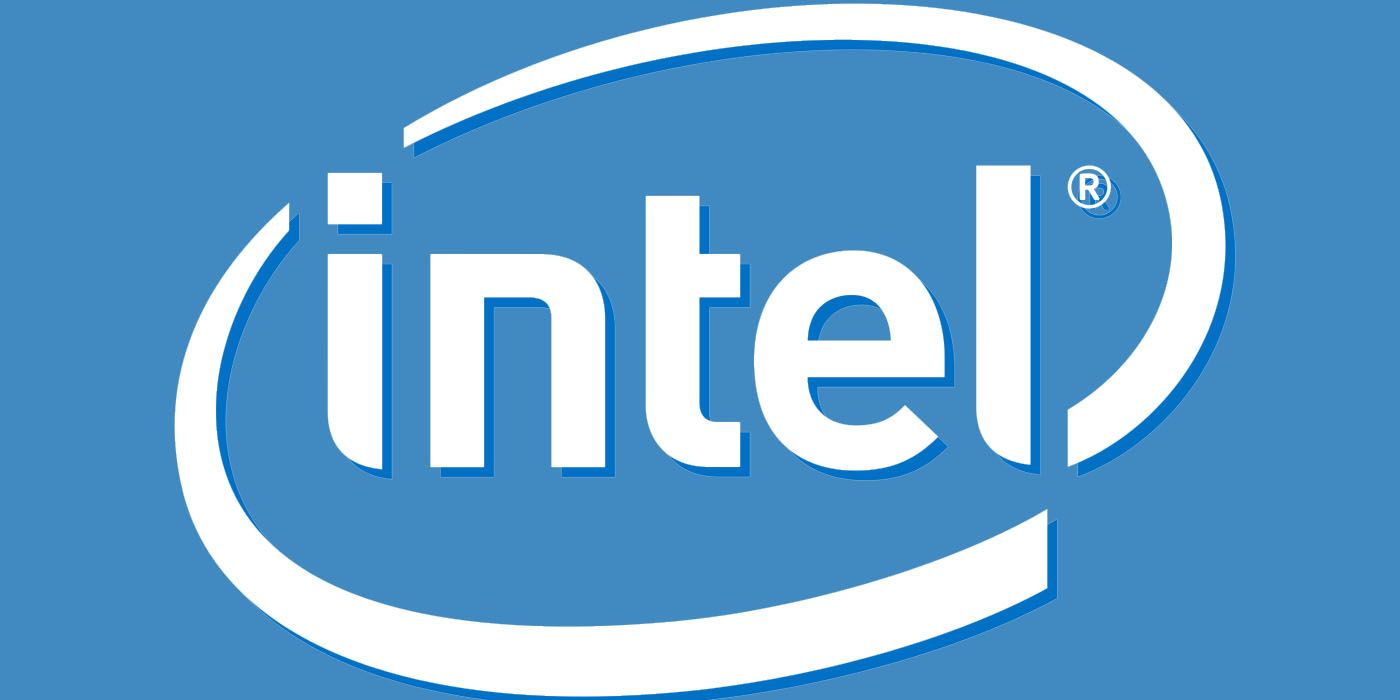
Many have an Intel CPU at the heart of their computer, which makes news regarding the company especially chilling. Intel has been accused of wiretapping, leading to a class-action lawsuit against the company.
Intel is one of the worlds leading providers of microprocessors, which are the devices that handle all the input and output of data a computer handles in its lifetime. The company also manufactures several other PC components for the modern computer. Currently, Intel holds around 61 percent of the market for central processing units. Intel’s main competitor is AMD, which has slowly been rising in dominance since 2016. AMD processors have recently edged ahead of Intel in terms of the highest end products according to multiple tech review sources. However, Intel still has a tight hold on the laptop central processing unit market.
RELATED: Intel Sets i9 11900K CPU Launch for Early 2021
The cause of this class action lawsuit appears to be Intel websites. The lawsuit claims that Intel has been using recording technology to analyze mouse movement and even keystrokes. While analysis lodged by PC Gamer through Blacklight.com was able to find signs of mouse tracking, there was no evidence that the website was recording keystrokes. The case alleges that this information may have been shared with a third party.
The suit against Intel refers to Florida state law, which declares that “interception and disclosure of wire, oral, or electronic communications” is prohibited. The class action suit was brought forward to Florida court by Holly Londers, who claims she visited Intel’s site 12 times and was not informed of the “wiretapping.” The case has since been moved to federal court.

This case is only one in Intel’s long history of lawsuits raised against it. In the past it has been accused of ageism, evading taxes, excessive pollution, and unlawful business operations against competitor AMD. Earlier in March, Intel was ordered to pay $2.18 billion to another company over a patent dispute. The patent was for technology that allowed processors to provide enhanced power and efficiency.
While some might question the significance of these allegations, it is important to note that the same technology that Intel has been accused of using can have several negative ramifications. Namely, the tapping of these electronic communications increases the vulnerability of user data. This user data could include passwords, credit card details, addresses and other personal information. If Intel is found guilty in this case, it could have violated the law against American residents across several states.
MORE: Why the Intel 670p SSD Price Dropped So Fast
Source: The Register

